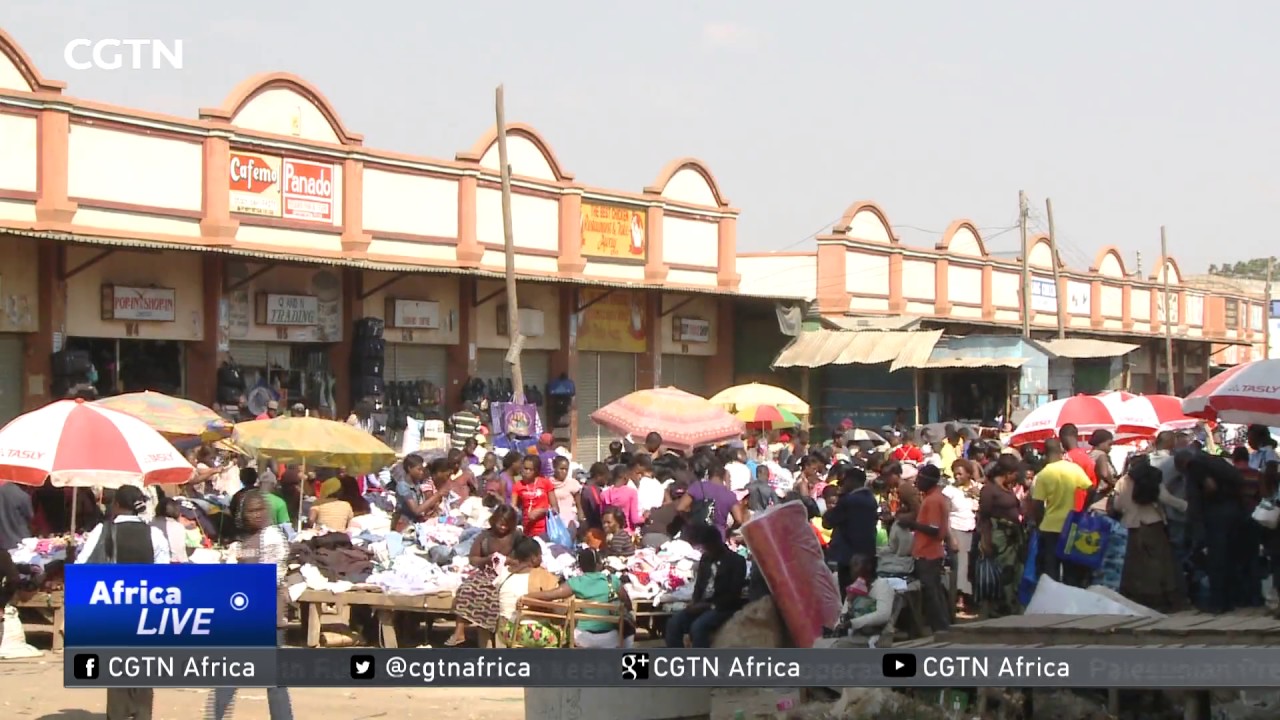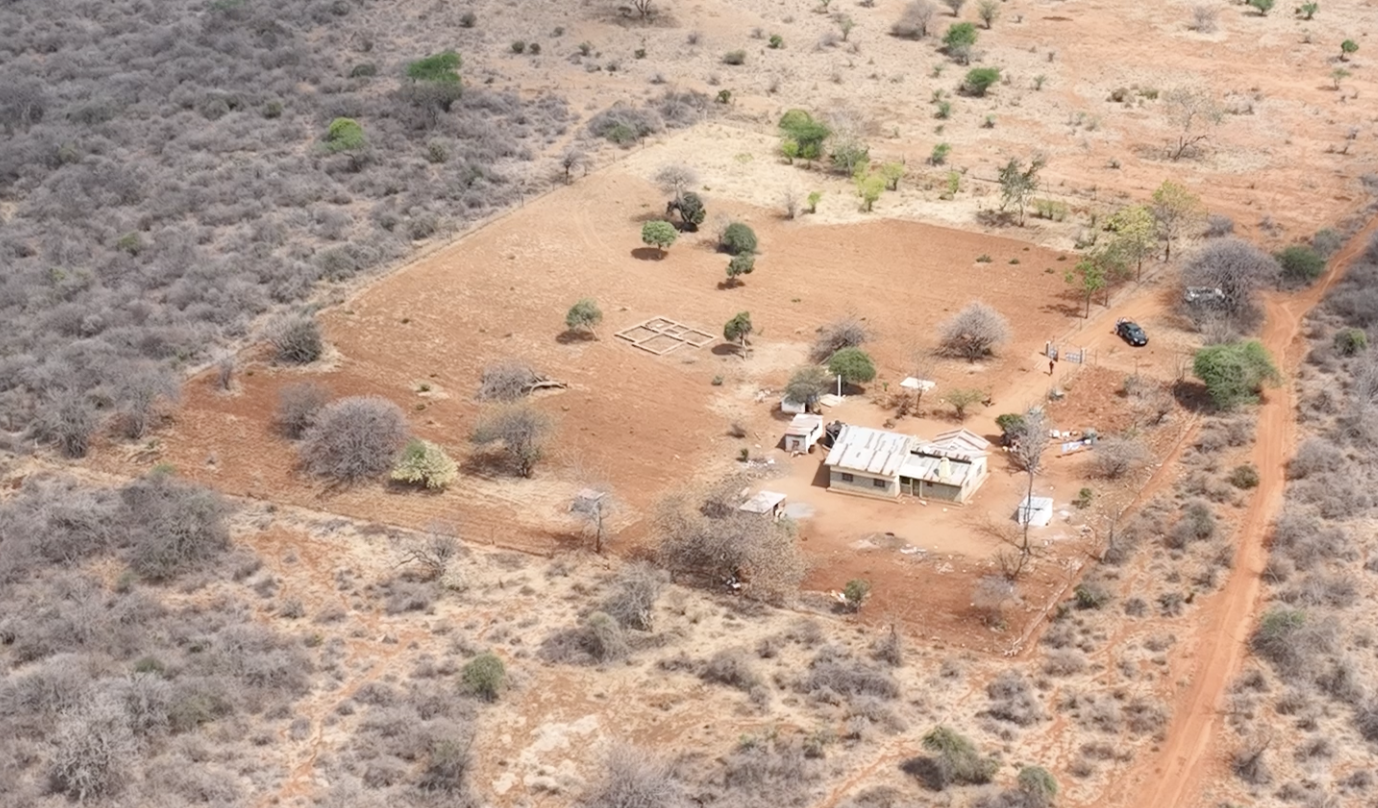
Zambia State of Emergency: President Lungu defends decision to invoke a state of emergency
Zambia’s President Edgar Lungu has defended his decision to invoke a state of emergency, saying he only wanted to bring sanity to the country. President Lungu held a press conference in Lusaka on Thursday, 24 hours after invoking a constitutional provision that paved the way for a state of emergency.
Zambians have been reacting to this move by the president, some arguing the decision was unnecessary.
Zambian President, Edgar Lungu, has justified imposing a state of emergency in the southern African country, alleging that opposition parties were behind a string of arson attacks intended “to create terror and panic”. Several fires, including one that burnt down the main market in the capital Lusaka, have been at the centre of rising political tensions in Zambia.
Lungu added that if the International Monetary Fund found the emergency powers to be ill-advised, it was free to terminate talks meant to provide financial assistance to Zambia.
“This power I’ve evoked is only for seven days because parliament is sitting. So we have to a motion in parliament,” President Lungu said in a statement.
“If IMF (International Monetary Fund) thinks we go beyond the norms of good governance and democracy – they are free to go.”
Zambia has enjoyed relative stability since its first multi-party election in 1991. But last year’s election was marked by clashes between rival supporters, with opposition leader Hakainde Hichilema still in detention on treason charges.
The main opposition party argues that Lungu’s use of emergency powers was unnecessary and that it is a ploy to make it easier for police to arrest opposition supporters.
The state of emergency laws in Zambia increase police powers of detention and arrest, as well as prohibit public meetings and close roads – something that many Zambians feel will be an infringement of their rights.
CGTN Africa spoke to some passing civilians, one male said: “When there’s a state of emergency, all the rights are taken away from us. So now, if our rights are taken away from me, how am I going to live? How can I live as a human being? No freedom of movement, no freedom of speech, no freedom of expression, you understand?”
A woman added: “For me as a student, I think it’s going to be inconveniencing. If I’m going to have time limits as to when I’m supposed to go to school, I think it’s going to be inconveniencing because I will have some time I set for myself to study so if I have those limits, it’s going to inconvenience my work at school.”
The country’s last state of emergency was declared in 1997 by the then president Frederick Chiluba after an attempted coup. It was lifted the following year.






